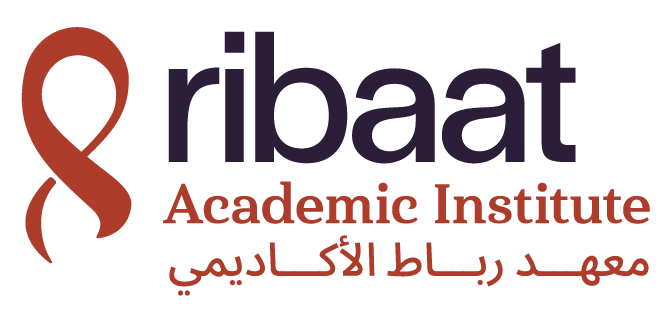Arabic
The Ribaat Academic Institute’s Arabic Program develops reading, writing, and speaking the classical Arabic language in students, with the primary focus to access and understand Islamic sacred texts. It is designed with first-time learners in mind, whilst students from all backgrounds and levels are welcome to join.
Levels
Novice, Intermediate, and Advanced, following the guidelines and benchmarks established by the American Council on the Teaching of Foreign Languages (ACTFL) to ensure high-quality and effective language learning.
A set number of modules will be required to progress from one band to the next, and to qualify for higher levels.
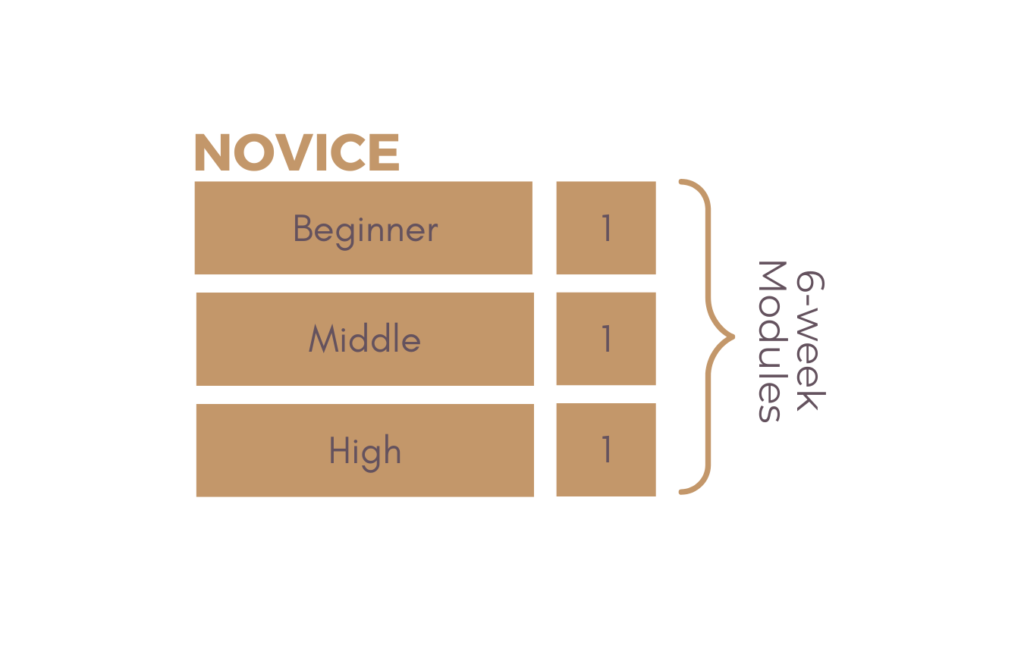
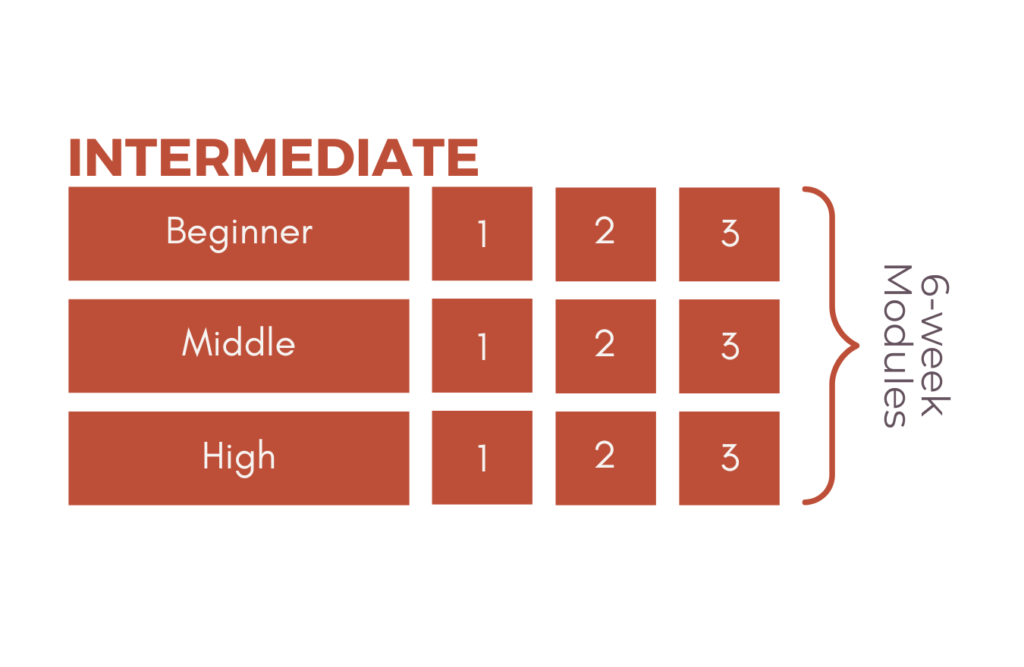
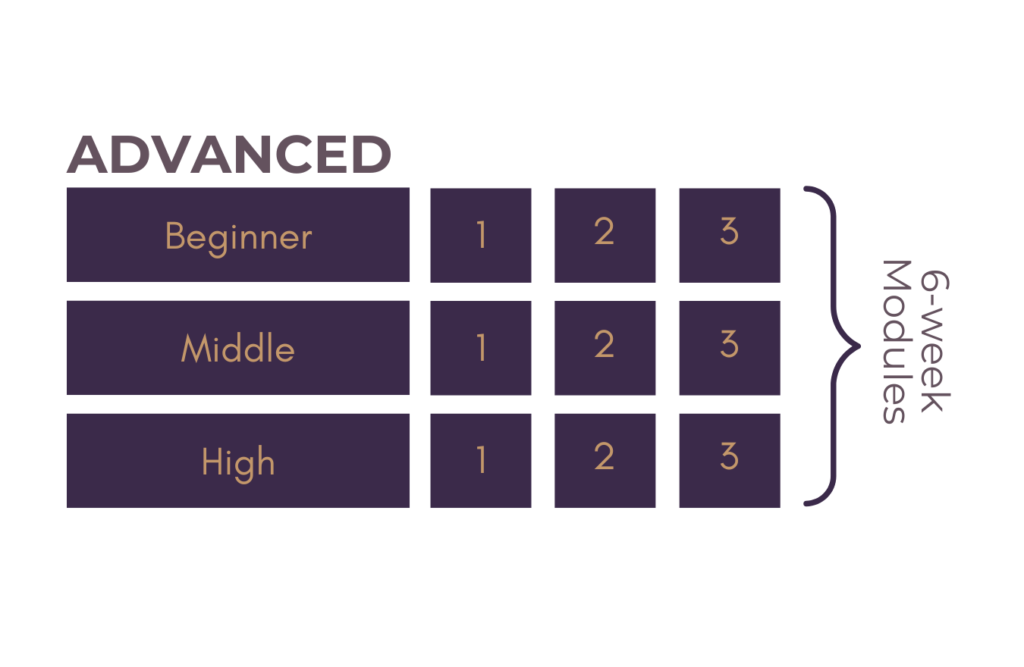
Placement
Course Format
- two synchronous classes of 1.5-2 hours each, with interaction
- three asynchronous sessions outside of class of 1 hour each
Each module consists of weekly homework, exam, and final project.
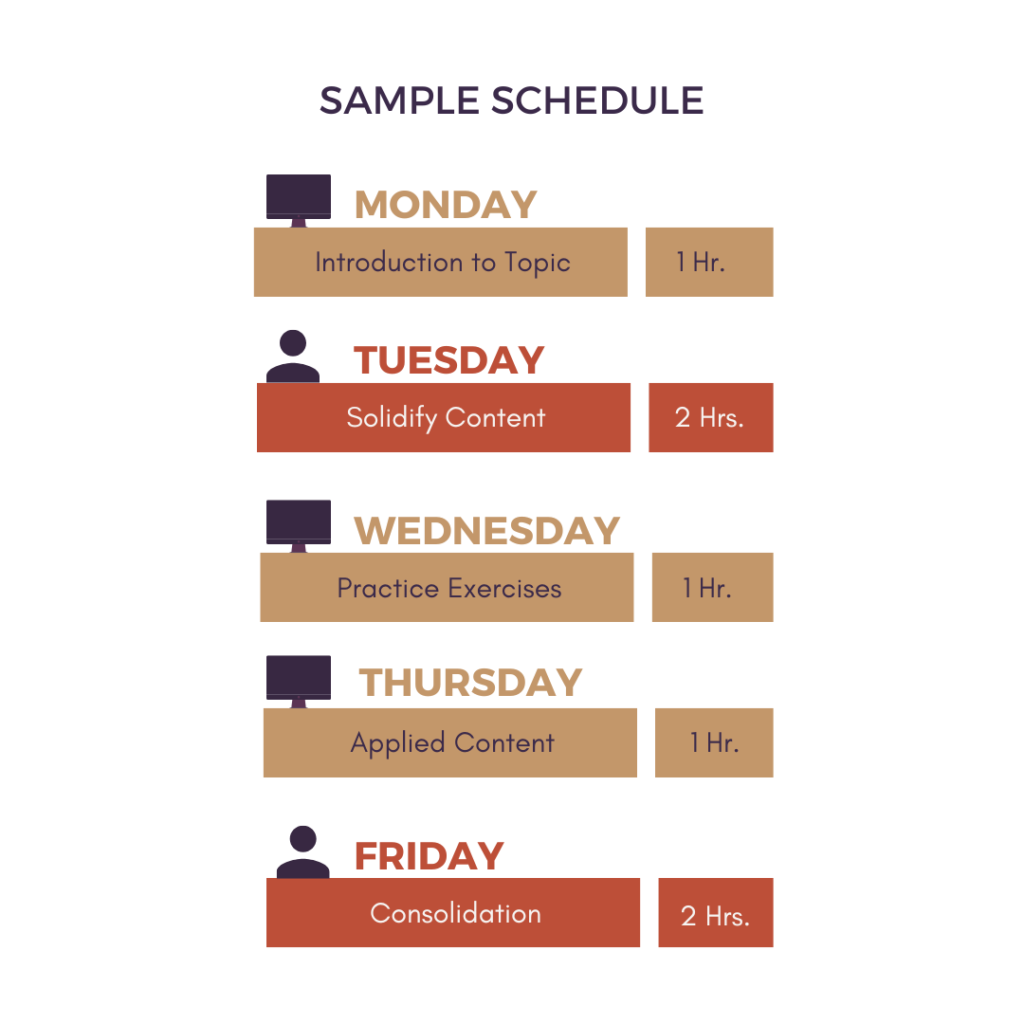
Ribaat Experiences
Levels
- Read (‘read’ refers to phonetic decoding skills) the Arabic script when vowelled
- Understand key words and fomulaic phrases in written texts
- Extract a limited amount of information from highly predictable, short, non-complex texts in which the topic or context is very familiar, relying on their background knowledge and extralinguistic support to derive meaning,
- Identify basic grammatical structures in context
Practical skill applications:
- Learners can phonetically decode the Quranic script
- Understand key words and phrases in the Quran
- Identify with some accuracy whether words are verbs or nouns
- Introduce themselves and communicate briefly in speech and writing about themselves as well as their families, home, and city
- Read vowelled texts at a moderate speed and with a good level of accuracy
- Read short non-vowelled Arabic scripts slowly, assisted by their knowledge of vocabulary and knowledge of basic grammatical rules
- Understand fully and with ease short, non-complex texts that convey basic information
- Deal with personal topics to which the reader brings personal interest or knowledge
- Understand some connected texts featuring description and narration
Practical skills application:
- Read Quran and Hadith texts aloud with a good level of accuracy
- Identify and understand key words and phrases and understand short simple sentences in Quranic and other Islamic texts
- Understand basic texts which deal with Islamic subjects with which learners are familiar
- Identify high frequency vocabulary and grammatical features in more complex Islamic texts with the help from the teacher and external resources
- Talk about themselves, their lives, their interests, and a wide range of topics using increasingly complex sentences and vocabulary
- Read vowelled texts with fluency and a high level of accuracy
- Read non-vowelled texts with relative ease and accuracy
- Understand, fully and with ease, the main idea and supporting details of authentic narrative and descriptive texts as well as more complex factual material unaided by external supports
- Compensate for limitations in their lexical and structural knowledge by using contextual clues, dictionary skills, and a solid knowledge of grammar
- When familiar with the subject matter, Advanced-level readers are also able to derive some meaning from straightforward argumentative texts (e.g., recognizing the main argument)
- Demonstrate an independence in their ability to read subject matter that is new to them
- They have sufficient control of standard linguistic conventions to understand sequencing, time frames and chronology
Practical skills application:
- Read and understand Quranic texts with fluency and a good level of comprehension
- Read and understand and translate Hadīth and other non-complex Islamic texts using a dictionary aided by a solid knowledge of grammar
- Understand main gist of more complex texts, primarily in narrative and descriptive styles such as Sīra texts
- Extract information from argumentative texts such as those pertaining to Fiqh and ‘Aqīda
Certification Tracks
The Ribaat Teacher Certification track will promote learners’ skills to the Intermediate level in reading, based on the ACTFL level descriptors.
The Ribaat Scholar Certification track will equip students with Advanced level reading skills based on the same framework.
Meet our Arabic Instructors

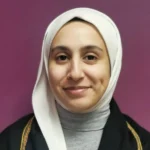



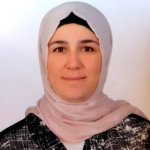
Upcoming Dates
Dec. 15 | Registration Opens
Jan. 20 – May 11 | Spring Term Dates
Jan. 11 – Feb. 21 | Arabic Module 1
Feb. 9 – Apr. 9 | Arabic Module 2 Registration
Apr. 5 – May 16 | Arabic Module 2
FAQ
The registration fee varies from one course to another and does not include the cost of the course materials.
Visit Enrollment > Registration Fees & Policies to learn more.
All students starting in the Arabic Program must complete an online Placement Test.
No. The placement test is closed book, in order to precisely place each student at the correct level for her skill level.
On average it has taken students between 10-35 minutes.
Yes, registration for the second module will be open later in the term.
No. There is no late registration for Arabic. Students need to begin working on the coursework from the first day of the module or they will already have fallen behind.
No. These are 2 groups taking the same module during the same 6-week timeframe. The only difference is the day and time that sessions meet. Different sections may or may not be taught by the same instructor.
It is highly recommended to attend the class sessions live whenever possible to achieve the best results. For this reason, most modules are offered in sections so students can choose the timing option that works best for them. Recordings are available for students who cannot attend either section live. Students who are able to keep up with the coursework have been able to complete courses successfully by watching recordings.
Some are and some are not. Details on course offerings will be available when registration is open for the module.
The Ribaat Arabic curriculum is built specifically for Ribaat students. All learning materials will be provided to students through the course forum. The only other resource required is the Hans Wehr root dictionary.
